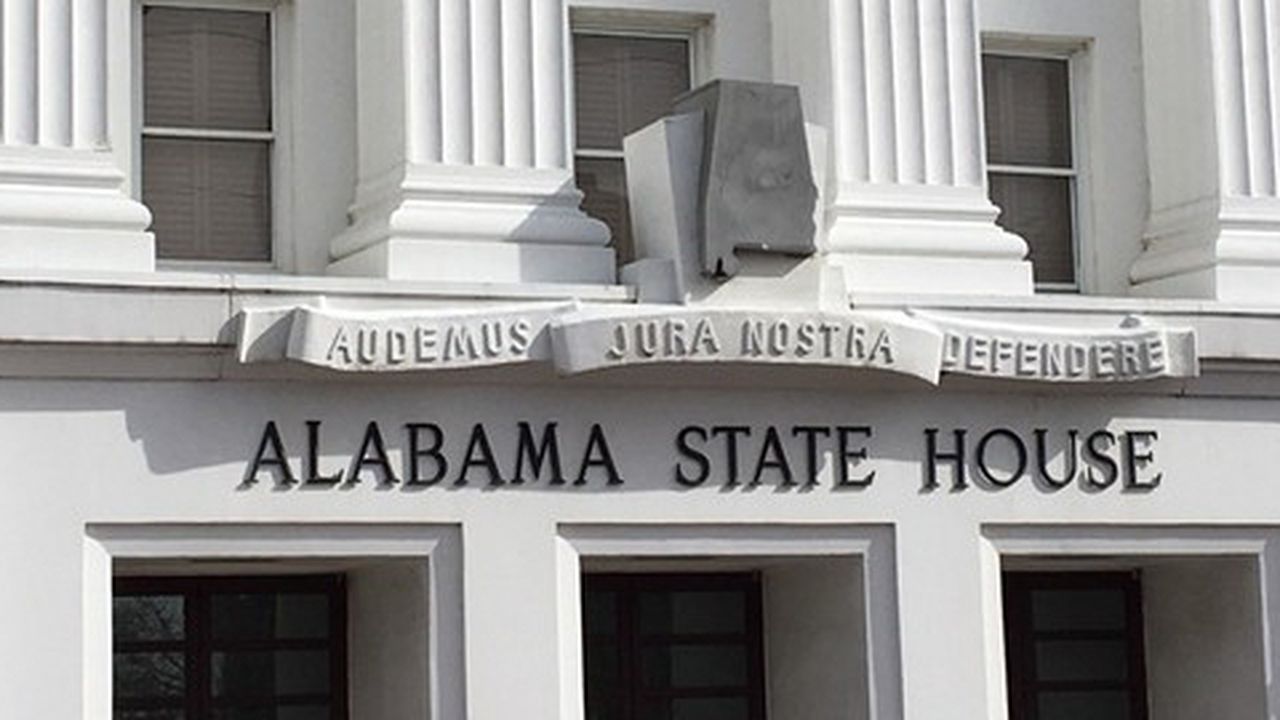Amendment âgutsâ bill to exempt overtime pay from income tax
A bill to exempt overtime pay from the state income tax was changed on Wednesday and would now save workers a maximum of only $100 a year.
The bill, HB217 by House Minority Leader Anthony Daniels, D-Huntsville, is in position to pass Thursday on the next-to-last day of the legislative session. Lawmakers from both parties spoke out in support of the bill on Wednesday, saying it was an innovative way to help workers take home more of what they earn and help businesses by encouraging work in a time when employers are struggling to fill jobs.
Sen. Arthur Orr, R-Decatur, chair of the Senate education budget committee, proposed capping the amount of overtime pay that would be exempt from the state income tax at $2,000 per year. The state income tax rate is 5%, so the cap limits the maximum savings to $100. The committee adopted the amendment Wednesday.
Orr said he was concerned about the loss of revenue to support the education budget. Income taxes go to the Education Trust Fund. HB217 was estimated to reduce revenues to the ETF by $45 million a year. Orr noted that the overtime tax was one of several bills passed or pending during this session that would reduce revenues to the ETF.
On Thursday, the Senate is expected to pass a bill to repeal 2 cents of the 4-cent state sales tax on food, which will reduce the ETF by an estimated $300 million. Almost every member of the Legislature has endorsed the bill. Earlier in the session, lawmakers approved expanding tax incentives paid to recruit industry under the JOBS Act, which Orr said would reduce ETF revenues by about $170 million. He mentioned other tax break bills that will take smaller bites out of the fund. The overtime exemption bill, after Orr’s amendment, would reduce ETF revenues by an estimated $21.6 million.
“We’re well over half a billion dollars that we’re giving away,” Orr said.
HB217 carries a “sunset” provision, meaning it would expire in January 2027 unless the Legislature extended it. That was intended to allow a chance to gauge the effect of the tax exemption. Daniels and other supporters of the bill said employees would spend the extra take-home pay, putting some of it back into local and state tax revenues through sales taxes.
Daniels opposed the cap on the bill. Senate Minority Leader Bobby Singleton, D-Greensboro, said it will severely limit the benefits of the bill. Singleton noted that without the cap the exemption could have made a big difference for some workers. The overtime exemption would apply to both private and public employees, including state correctional officers and others who work large amounts of overtime.
“I just think it guts the whole concept of the overall bill when you only put a limit of $2,000 on it,” Singleton said. “I think that we could have gotten a lot more out of this to be able to get the data on what it really costs, how it’s really affecting the economy. What’s it’s going to do for the education budget? How money is going to come back in. And in three years, I think we would have been able to see if we had allowed it to go to full capacity how it’s really helping workers, to keep people coming back to the workforce.”
Both the overtime bill and the long-awaited reduction of the grocery tax could be on the Senate floor today as lawmakers wind down the annual session.
Officials representing education associations had, like Orr, raised concerns about the cumulative effect of tax cut bills on the ETF. Orr noted that several other proposed tax cut bills, including some that he sponsored, will not pass this session.
